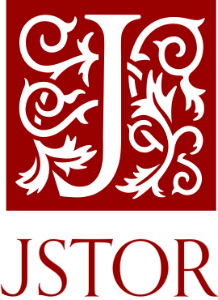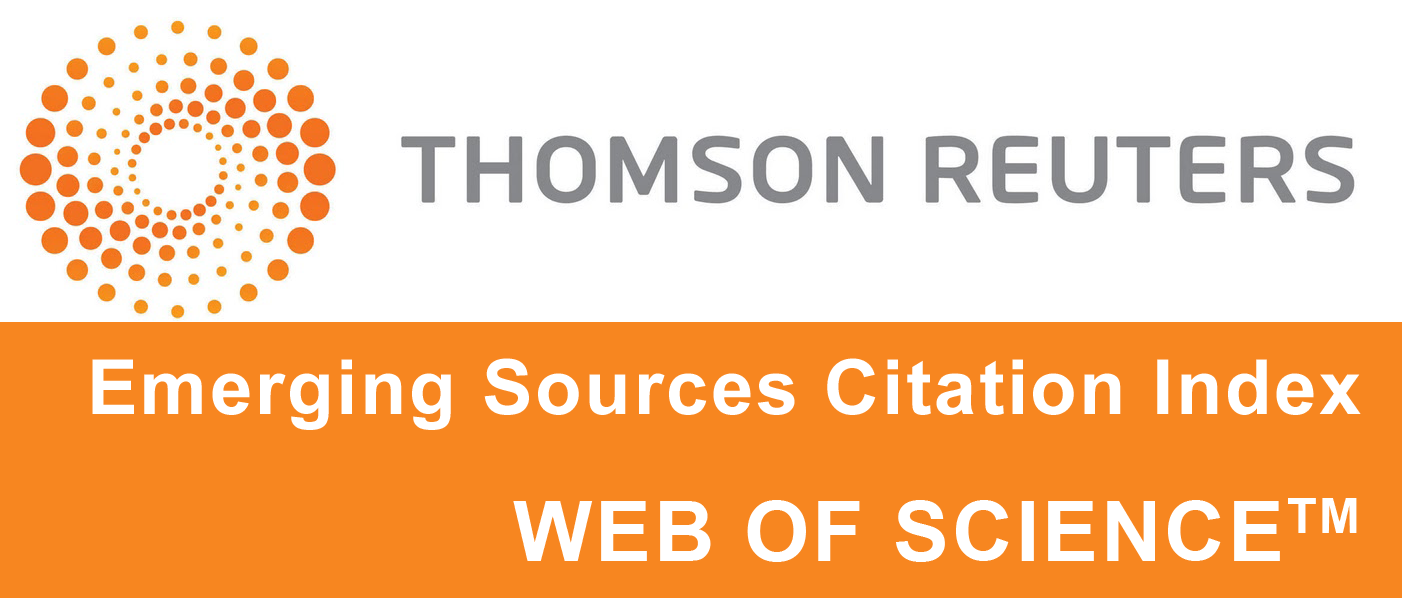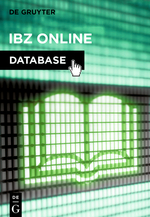| Proprietary Rights Notice for Philippine Studies Copyright © 2009, Philippine Studies Historical and Ethnographic Viewpoints by Ateneo de Manila University 1. The person using Philippine Studies Historical and Ethnographic Viewpoints, both print and online editions, may view, reproduce, or store copies of articles comprising the journal provided that the articles are used only for their personal, noncommercial use. Uses beyond that allowed by the Intellectual Property Code of the Philippines (Republic Act 8293) require permission of the publisher. 2. For reprints of an article as well as permission to copy beyond that permitted by the Intellectual Property Code of the Philippines (Republic Act 8293), please write to the editorial office of Philippine Studies Historical and Ethnographic Viewpoints indicating the publication details of a work that appears in this journal and your plan to reproduce the work, specifying its format, intended use, distribution quantity. 3. Before requesting permission to reproduce a table, figure, or other illustration, please check the journal to be sure the image you wish to reproduce is not credited to another source. The citation may be listed under the figure or in a credit section of the publication. The Ateneo de Manila University as publisher can only authorize permissions for material for which it holds or manages copyright. You will need to secure permission to use any material copyrighted to another source directly from the source cited. 4. For authors intending to reuse their own work, please contact the editorial office of Philippine Studies Historical and Ethnographic Viewpoints. 5. Any uses and or copies of Philippine Studies Historical and Ethnographic Viewpoints in whole or in part must include the customary bibliographic citation, including author attribution, date, article title, and volume/issue numbers. Any uses of copies obtained from the online version, whether obtained freely or for a fee, MUST include a copy of the copyright notice. 6. Personal accounts and/or passwords may not be shared. Disclaimer of Warranties In no event shall Philippine Studies Historical and Ethnographic Viewpoints, or the Ateneo de Manila University, be liable for any special, incidental, indirect, or consequential damages of any kind arising out of or in connection with the use of the articles or other material derived from the journal, whether or not advised of the possibility of damage, and on any theory of liability. This publication is provided “as is” without warranty of any kind, either expressed or implied, including, but not limited to, the implied warranties of merchantability, fitness for a particular purpose, or noninfringement. Descriptions of, or references to, products or publications do not imply endorsement of that product or publication. The online edition of Philippine Studies Historical and Ethnographic Viewpoints is under development and changes may be made in it at any time. There is no guarantee that the information contained in the online version of the journal is identical to the print version of the journal and neither Philippine Studies Historical and Ethnographic Viewpoints or the Ateneo de Manila University has any duty to update the information contained on the online version to correct errors or otherwise. |
|
Payment Options for Subscriptions |
|
Subscription Rates (Domestic) 2024
P1,500.00 – Individual P2,000.00 – Institutional 1. Metrobank (Over-the-counter) 2. Online Payment Portal - Accepts Visa/MasterCard (debit or credit card) of any issuing bank. 3. BPI Online
|
|
| Posted: 2021-10-26 | More... |
Open Access to Issues From 1953 to 2018 |
|
All articles and reviews published in Philippine Studies prior to 2019 are available at no cost. Online access to single issues and individual articles published since 2019 is available only to paid subscribers; nonsubscribers can access these articles for a fee. Please consult the terms and conditions for accessing the online edition of Philippine Studies. |
|
| Posted: 2021-07-14 | |
Manuscript Submission Via Scholastica |
|
For manuscript submission, may we ask you to submit it online through Scholastica, an online academic journal management system. Just click on the icon for Scholastica which also says, "Submit via Scholastica." From thereon, just please follow the specific instructions. Thank you very much! |
|
| Posted: 2018-09-28 | |
New Office Location |
|
| Please be informed that the Philippine Studies Editorial Office has moved to its new location in Bellarmine Hall, Room 204, Ateneo de Manila University. | |
| Posted: 2018-06-17 | |
Commission on Higher Education Endorses PSHEV Journal Subscriptions |
|
Philippine Studies: Historical and Ethnographic Viewpoints has been declared by the Philippine Commission of Higher Education (CHED) Journal Accreditation Service as one of the CHED Accredited Research Journals for 2011 to 2014, under Category A-2. In a memorandum dated 24 September 2012, the Chairperson of the CHED endorsed the journal for library subscription of all public and private higher education institutions in the Philippines. |
|
| Posted: 2012-10-18 | More... |
Philippine Studies in Project MUSE |
|
Starting with vol. 59, no. 1 (2011), Philippine Studies is now a part of Project MUSE. If your university's library subscribes to Project MUSE, then you can have full text, subscription access to the current content of Philippine Studies. Do check with your library now!
|
|
| Posted: 2011-09-28 | |









